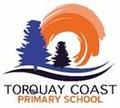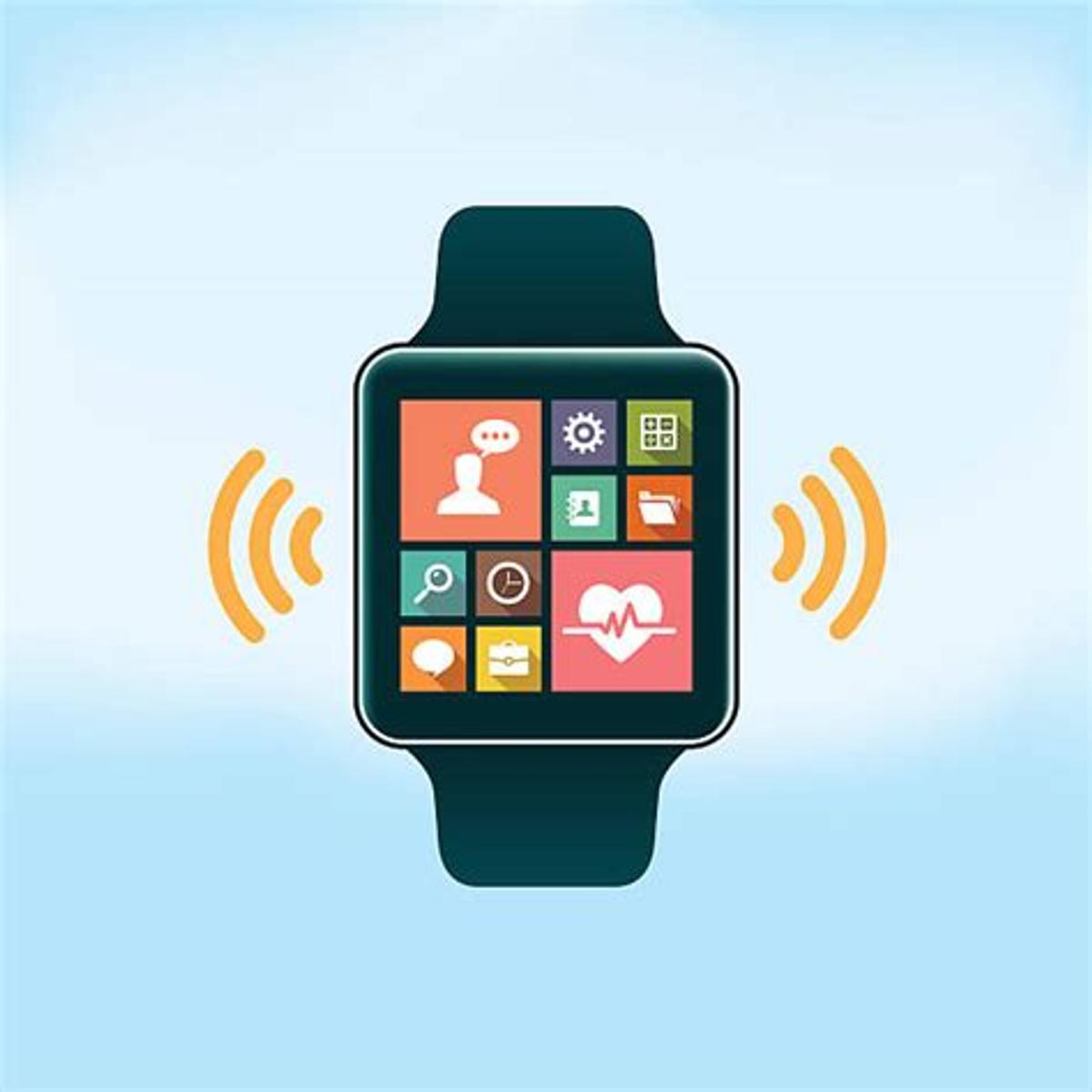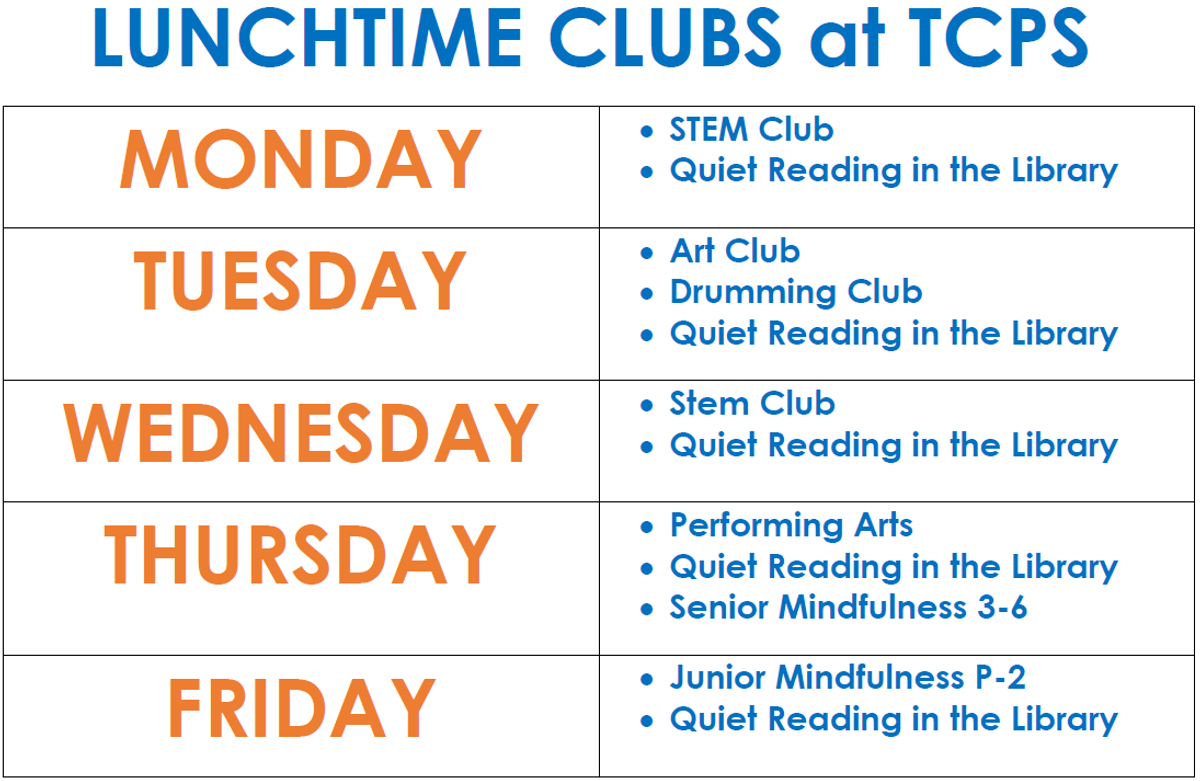General School News & Information

Mobile Phones/Smart Watches
Communication devices
Staff have noted that more and more of our students are wearing Smart Watches. There is absolutely no problem with this at all, however parents should be reminded that there are a number of conditions that must be adhered to, as per Department of Education and Training policy.
In accordance with the Department’s Mobile Phones Policy issued by the Minister for Education, personal mobile phones/Smart Watches/cellular, telecommunication devices MUST NOT BE USED at TCPS during school hours, including lunchtime and recess. Devices should be handed to teachers at the commencement of the school day, and then collected at days end.
Smart Watches need to be programmed such that they do not function as communication devices during school hours. These devices are not permitted or required on school camps and excursions. All, and any, communication should be directed through your child's homegroup teacher or the school office.
Although a smart watch does have the ability to be used as a communication device, please remember that any such device that can be used for communication must be handed into the teacher at the start of the day.
Smart watches are able to be switched to 'School Mode' between the times of 9:00am-3:10pm allowing them to function only as a watch and therefore do not have to be handed in.
All communication between home and school, and vice versa, should be done via the school office.
How we assess reading at TCPS
At TCPS we encourage a strong focus on reading at home in order to support our programs at school, and the development of our students as readers.
Take home readers are selected at a level of difficulty for your child that makes reading both enjoyable for your child, but within their range of comprehension. Reading at home enables your child to build their reading stamina and their love for reading. Students undergo individual reading assessments each term to determine their take home reader level (Instructional Level). The assessment is divided into two parts; reading accuracy and reading comprehension. We understand that many students can read above their level quite accurately, however it is the literal and inferential comprehension the remains a strong focus.
Your child has been given a level that is personalised to them and their learning goals. Please remember accuracy through word recognition is only one component of what is required when assessing reading levels and we appreciate your support in further assisting your child’s comprehension levels at home.
We do know that many of our students can read above their allocated level in terms of accuracy. This is not uncommon. Allowing children to only read books aimed at a level of accuracy as opposed to comprehension can have a negative impact on a child’s love of reading. It is comprehension and understanding that builds this love and development of reading within our students.
Extra Curricular Programs at TCPS
School are not always able to provide specialist programs for all areas of preference - based on the way our curriculum is designed.
However at TCPS we are committed to provide as many diverse learning experiences as possible to cater for varying interests and in support of student engagement. We do this at TCPS by offering daily lunchtime programs. Currently our students have the opportunity to participate in the following:
Music: Drumming
Visual Arts
STEM
Creative Arts - Dance
Mindfulness
Reading (Library)
Learning tasks - Live Reporting
Learning Tasks form the LIVE REPORTING component of the TCPS reporting program.
This process involves teachers providing parents and students with feedback based on Learning Tasks that are completed in the classroom throughout the term.
Teachers assess students based on specific criteria for each carefully planned Learning Task and provide written comments several times each term. Parents can log onto COMPASS at any time to read these comments as soon as they are published. Parents are also encouraged to submit a feedback comment based on their children’s work on COMPASS in the ‘Conversation’ section of the learning Task.
It is important to remember that a Learning Task is an indication of how a student is progressing in that particular area of the curriculum at that time. It is an up to date ‘snapshot’ of learning. Students’ learning develops, grows and evolves as time progresses.
The work the students produce during the Learning Tasks will be assessed as either:
- Progressing towards achieving the learning outcome.
- Proficient at the learning outcome.
- At an advanced level that exceeds the learning outcome.
Please note: Learning outcomes (the Proficient level) are expected to be achieved by the end of a school year.
Your child’s level of learning on a Learning Task will be presented in a Proficiency Scale attached as a PDF.
Teachers also provide a personalised written paragraph on COMPASS about your child’s performance in the Learning Task.
During the school year, you will receive feedback on your child’s Learning Tasks in key areas of the curriculum:
- Reading and Viewing
- Writing
- Mathematics
VIRTUAL TOUR
follow this link to view the video:
Please note the following message from DET
- Schools are reminded that the Department does not provide personal accident insurance for students.
- Parents and guardians are responsible for paying the cost of medical treatment for injured students, including any transport costs.
- Student accident insurance policies are available from some commercial insurers. These cover a range of medical expenses not covered by Medicare or private health insurance.
Tutor Learning Initiative
The 2020 and 2021 school year was an extraordinary and challenging one for every school community. We know that the remote learning experience was different for every student. While some students thrived, some students may not have engaged as fully with remote learning and will benefit from additional learning support in 2022.
In acknowledgement of this, the Victorian Government has committed funding towards the Tutor Learning Initiative to support students who may need extra assistance with their learning.
At TCPS we have employed a number of extra staff, over and above the funding, to ensure all students in need have access to extra support. These staff members will be working closely with home group teachers to provide targeted support.
Ms.. Sutherland and Mrs South have also returned from family leave to provide explicit support in this area. They will be working predominantly with our grade 1 students, whilst all of our learning neighborhoods have an extra staff member to support this intervention program. Students may have direct contact with these staff, or work in smaller groupings with their home group teacher.
With additional teachers in the neighborhood, we will be able to provide explicit support to a wider range of students. This will also allow the classroom teacher the opportunity to educationally engage more closely with individual students during learning time. This way all students benefit from the program.
TCPS has already supported and staffed intervention support since its inception, and our aim is to also make this program sustainable beyond the current funding. If you have any questions, please don’t hesitate in contacting your child’s home group teacher.
Anaphylaxis
Anaphylaxis is a severe, rapidly progressive allergic reaction that is potentially life threatening, with the worst case scenario being death in 3-5 minutes. Anaphylaxis always requires an emergency response. The most common allergens in school aged children are peanuts, eggs, tree nuts (e.g. cashews), cow’s milk, fish and shellfish, wheat, soy, sesame, latex, certain insect stings and medication.
The key to prevention of anaphylaxis in schools is knowledge of the students who have been diagnosed at risk; awareness of triggers (allergens) and; prevention of exposure to these triggers.
TORQUAY COAST PRIMARY SCHOOL acknowledges that the management of a student diagnosed at risk of anaphylaxis is a joint responsibility of the school and staff, the student, the student’s parents/guardians and the student’s Medical Practitioner.
TORQUAY COAST PRIMARY SCHOOL is “allergy aware” and not a NUT FREE SCHOOL. A nut free environment is not recommended as it is impossible to guarantee, which potentially provides a false sense of security to students, parents/guardians and staff.
A NUT FREE SCHOOL environment does not protect students whose allergen may be egg, insect bite etc. A NUT FREE SCHOOL environment does not enable the school to prepare a student with life skills in teaching them how to manage their risk of anaphylaxis
This article is to alert you that we have a number of students in the school that have severe and life threatening allergies to a number of foods. To help keep the classroom safe it would be greatly appreciated if you could be mindful when sending foods that contain the above listed food to school with your child.
I thank you for your cooperation in helping to make our school a safe environment for all students.



